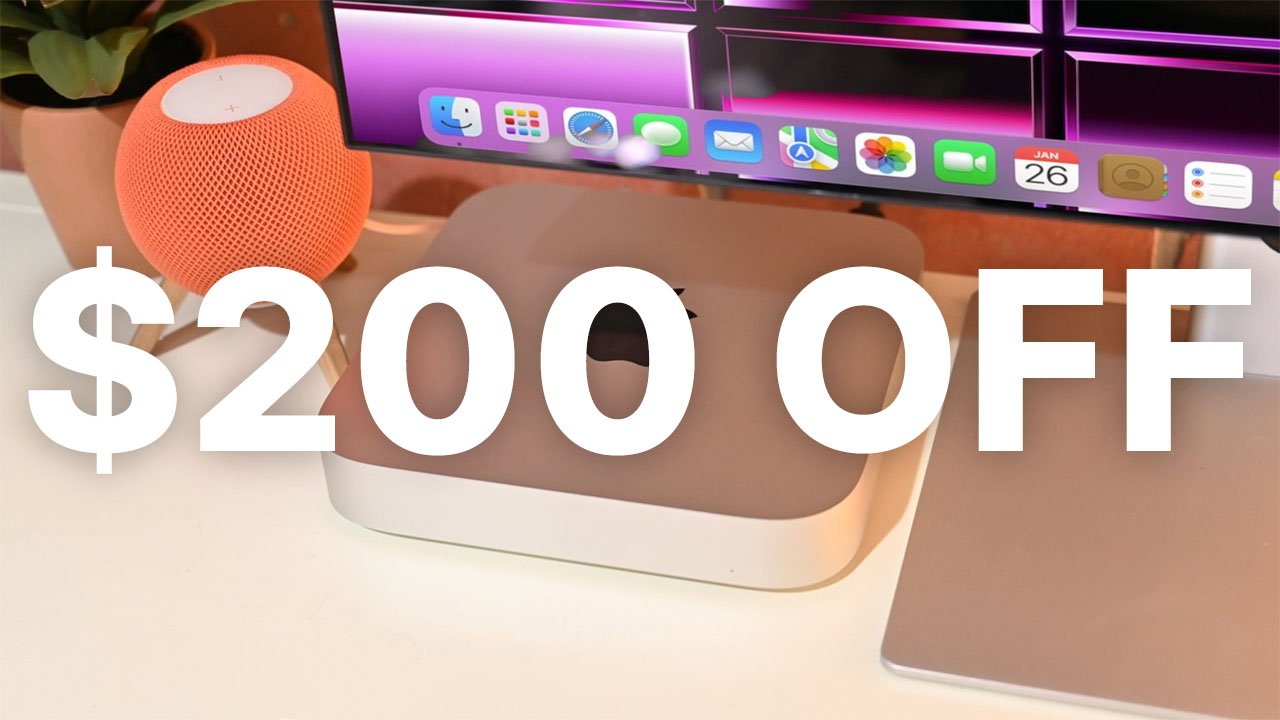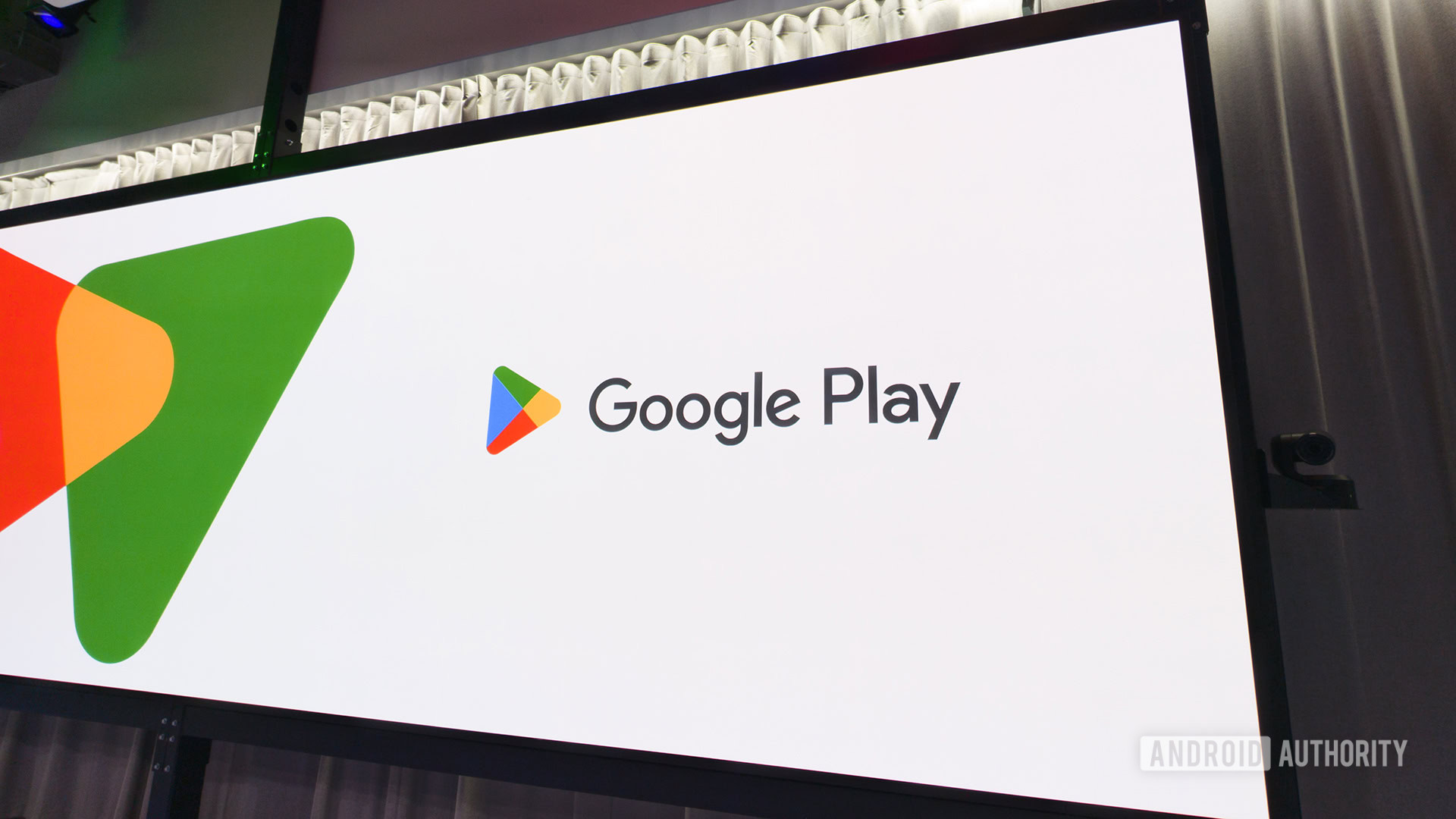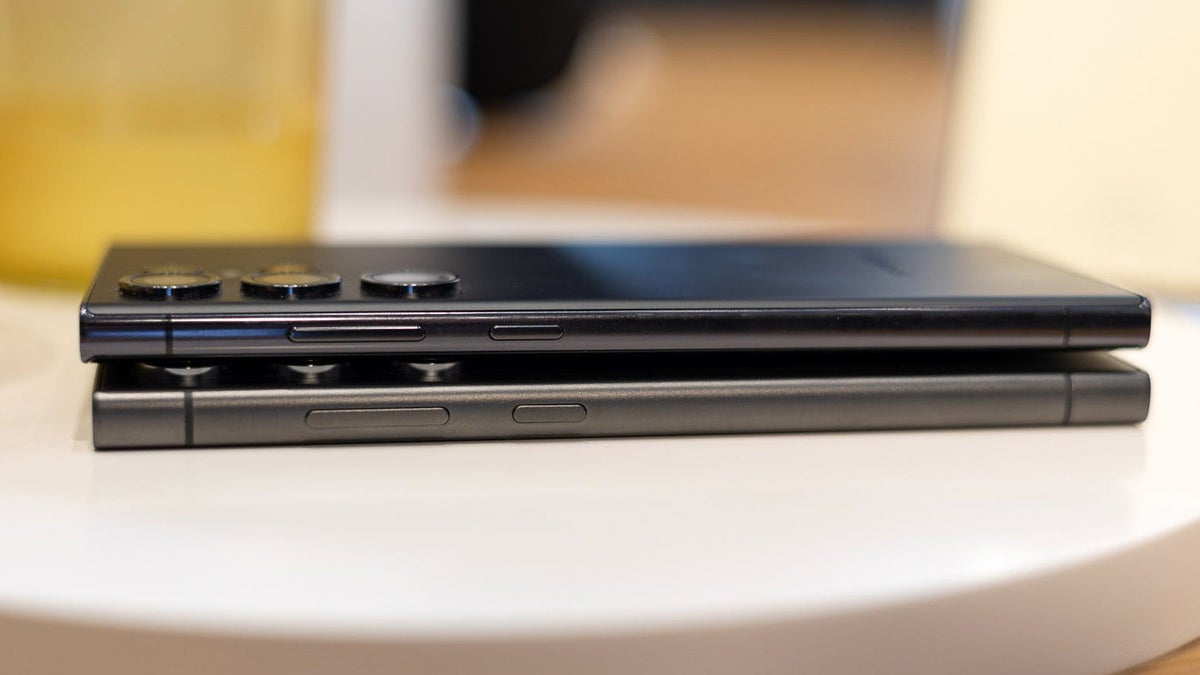From www.theverge.com
The iPhone’s app ecosystem is about to go through its biggest shake-up since the App Store launched in 2008. Today, Apple announced how it plans to change the rules for developers releasing iOS software in the European Union in response to the bloc’s Digital Markets Act (DMA) coming into force in March. The big news is that third-party app stores will be allowed on iOS for the first time, breaking the Apple App Store’s position as the sole distributor of iPhone apps. The changes will arrive with iOS 17.4 in March.
Here’s how the new “alternative app marketplaces,” as Apple called them, will work. Users in the EU and on iOS 17.4 will be able to download a marketplace from that marketplace’s website. In order to be used on an iPhone, those marketplaces have to go through Apple’s approval process, and once you download one, you have to explicitly give it permission to download apps to your device. But once the marketplace is approved and on your device, you can download anything you want — including apps that violate App Store guidelines. You can even set a non-App Store marketplace as the default on your device.
Developers, meanwhile, can choose whether to use Apple’s payment services and in-app purchases or integrate a third-party system for payments without paying an additional fee to Apple. If the developer wants to stick with Apple’s existing in-app payment system, there’s an additional 3 percent processing fee.
Apple still plans to keep a close eye on the app distribution process. All apps must be “notarized” by Apple, and distribution through third-party marketplaces is still managed by Apple’s systems. Developers will only be allowed to distribute a single version of their app across different app stores, and they’ll still have to abide by some basic platform requirements, like getting scanned for malware.
The new cost of doing business
Going forward, developers could pay no commission to Apple at all in the EU, depending on how they choose to distribute their apps. Apple is making changes to how its fee structures work, both in the App Store and for apps newly distributed outside of it. Developers can either choose to use these new business terms or stick with the existing model and continue to distribute through the App Store as normal.
Under the new terms, apps distributed through the App Store that choose to use an alternative payment system will pay a 17 percent commission (rather than 30 percent) on digital goods and services. This commission rate falls to 10 percent for any apps that currently qualify for Apple’s reduced “small business” rate. The additional 3 percent fee then applies for developers that choose to use Apple’s payment processing system.
NFC is being opened up, alternate browser engines are coming, and game streaming is arriving globally
The company is also introducing a new type of fee for particularly popular apps. The new Core Technology Fee will charge developers €0.50 (around 54 cents) per annual app install; however, this fee only kicks in after a million annual installs in the EU. Apple estimates that over 99 percent of developers will either “reduce or maintain the fees they owe to Apple” under the new business terms and that “less that 1 percent” of developers would pay a core technology fee.
As well as allowing alternative app stores and payment systems, Apple is also opening up other aspects of the iOS ecosystem in the EU. Alternative browser engines to WebKit will be allowed for the first time, and users will get a choice of alternative browsers to install when they open up Safari for the first time on iOS 17.4. The App Store itself is also opening up to allow game streaming services globally, which, until now, have been all but banned under Apple’s existing policies. As announced last week by the European Commission, Apple is also preparing to allow developers in the European Economic Area to offer NFC payments in their third-party apps.
The DMA effect
These changes are likely to be seized upon by developers that have been critical of Apple’s control over iOS app distribution. Earlier this week, Spotify — a longtime critic of Apple’s 30 percent commission rate — announced plans to bring in-app purchases back to its iOS app to let users upgrade subscriptions or buy audiobooks in the EU after the DMA comes into force. But it’s unclear whether the company will be happy to continue to pay a 17 percent commission to Apple if it’s using an alternative payment processor — it has already been critical of Apple’s plans to charge a 27 percent commission on alternative payments in the US.
Passed in 2022, the DMA is the EU’s strongest attempt yet to rein in the alleged anticompetitive practices of Big Tech companies, which the regulation refers to as “gatekeepers.” The EU designated Apple as a gatekeeper last September and listed its App Store, Safari browser, and iOS operating system as “core platform services” that would have to comply with the DMA’s rules. The European Commission declined to comment on today’s announcements by Apple.
The DMA is the EU’s strongest attempt yet to rein in the alleged anticompetitive practices of Big Tech companies
The regulation is broad, but it includes obligations around letting users install third-party apps or app stores, uninstall stock apps, and change default services; making large messaging services interoperable with rivals; and banning gatekeepers from ranking their own products higher in app stores than third-party rivals or requiring app developers to use a gatekeeper’s in-app payment system.
As well as designating iOS, Safari, and the App Store as core platform services, the European Commission also opened an investigation into whether iMessage should be included (which would include having to make it interoperable with rivals), but reports suggest it might avoid being designated, and today’s announcement from Apple makes no mention of changes coming to iMessage.
As well as Apple, the European Commission also designated Amazon, Meta, and Microsoft, alongside TikTok parent ByteDance and Google parent Alphabet, as gatekeepers under the DMA. Several of the companies, including Meta, Google, and Microsoft, have publicly announced upcoming changes to their services as a result of the regulation. Alongside iOS, Google’s Android operating system has also been designated as a core platform service under the DMA, but it’s likely to have to make fewer changes than iOS given it technically already allows sideloading and third-party app stores (even if its policies around them have proved contentious).
Apple has continued to take a cut when it’s been forced to allow third-party payments in the past. In response to a US ruling that said Apple had to allow links to outside payments, the iPhone maker said it would allow developers to link out but said it would continue to charge a 27 percent commission (as opposed to 30 percent). It’s also taken a similar approach in South Korea and the Netherlands.
We’ll have to wait and see whether Apple’s changes, including its new commission rates, will satisfy its loudest critics, such as Spotify and Epic Games, which have fought hard against the so-called “Apple Tax.” But after years of theoretical debates and hard-fought court arguments, we’re about to find out whether users, at least in the EU, care as much about alternative app stores and payment methods or whether they’ll choose to stick with Apple’s in-house options.
Update 2:25PM ET: Added mention of the European Commission declining to comment.
[ For more curated Apple news, check out the main news page here]
The post Apple is bringing sideloading and alternate app stores to the iPhone first appeared on www.theverge.com



/cdn.vox-cdn.com/uploads/chorus_asset/file/25546607/image__21_.png)








